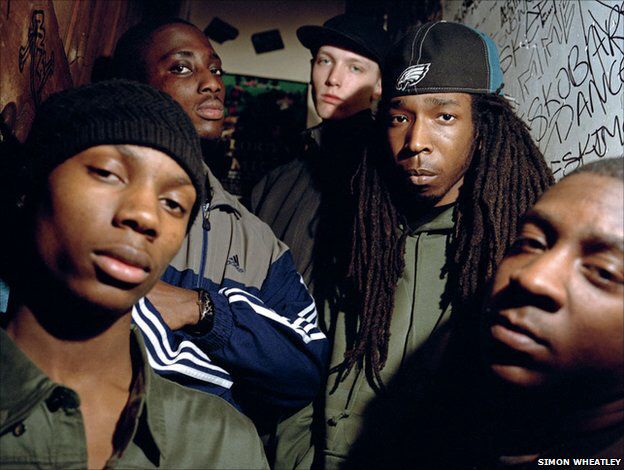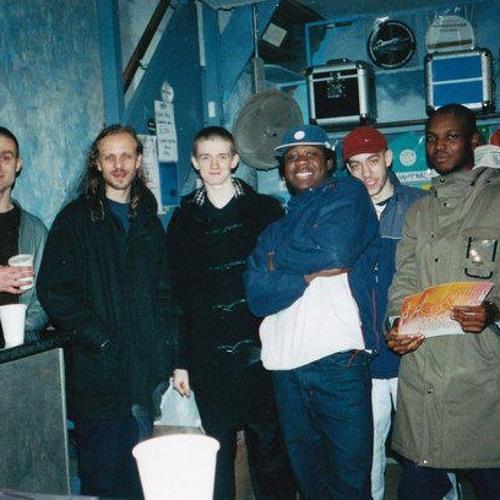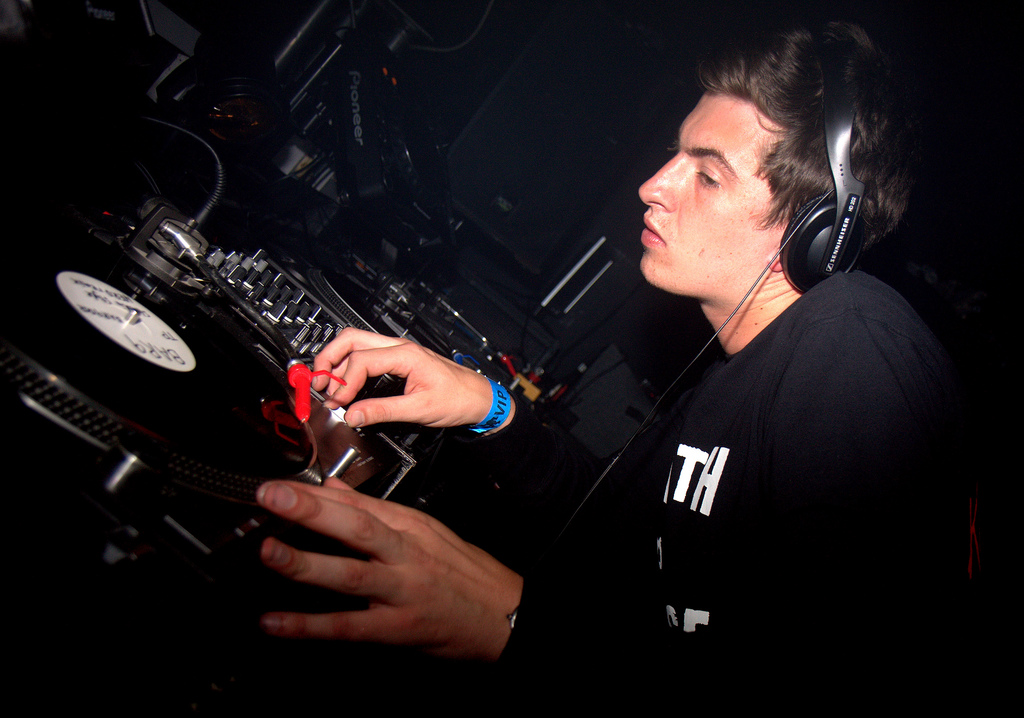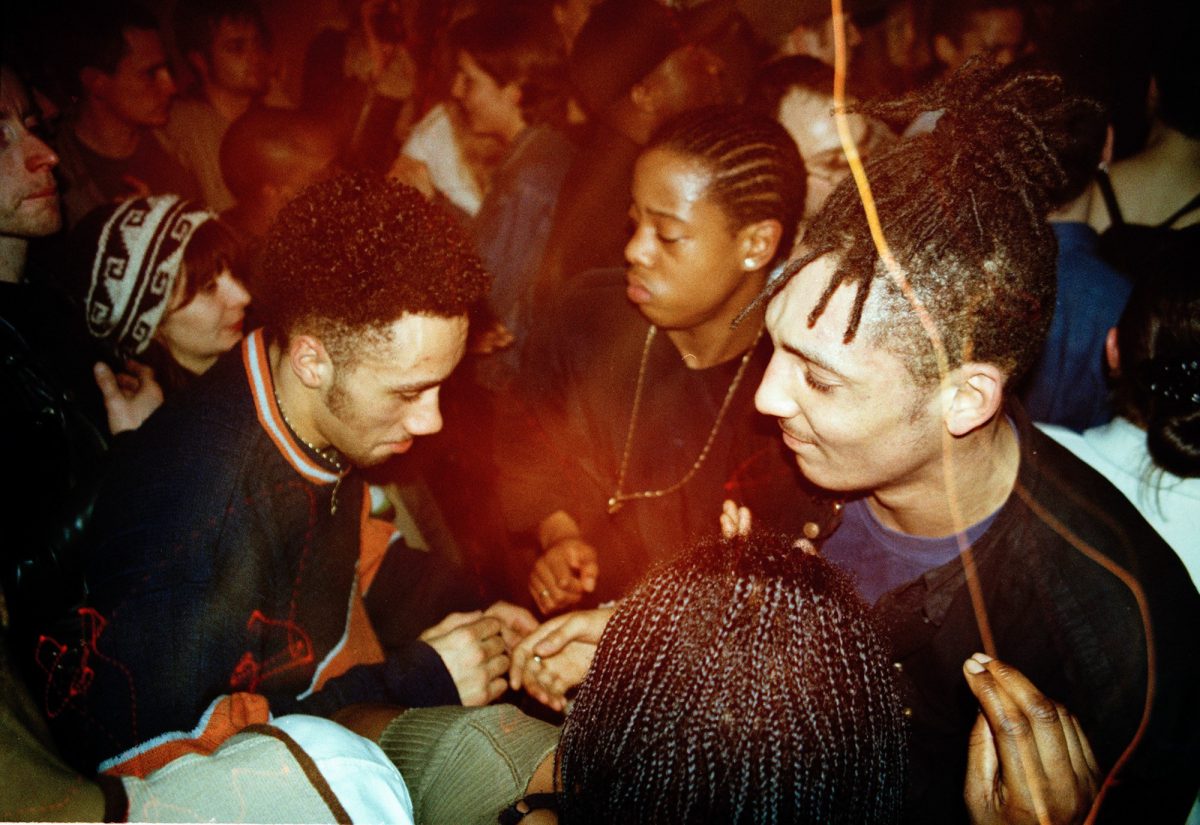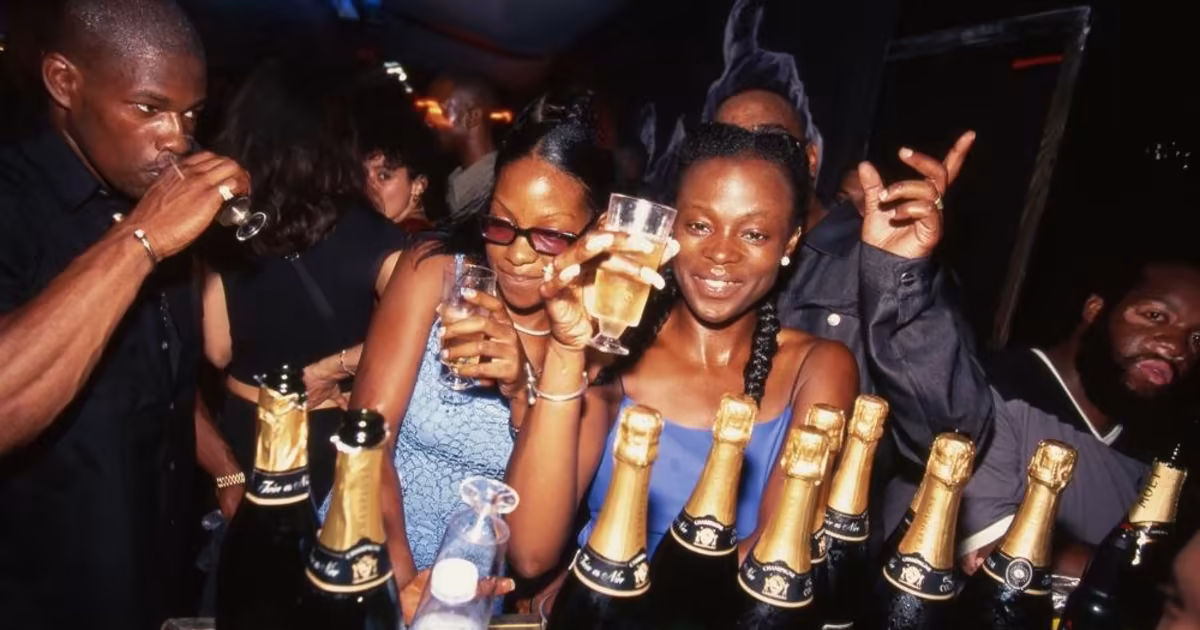An offshoot of Dark Garage, itself a darker form of the mainstream genre of 2-step, Grime takes the syncopated beats and rhythm of Garage, strips them down, and uses obscure synth sounds to give a mechanical feel to its tracks. Grime instrumentals were produced from the early 2000s and continue to be created to this day. These instrumentals are rapped over by Grime MCs, with a similar style and flow to that of Drum and Bass MCs, giving Grime tunes a unique “man vs machine” feeling to them. Following a dip in popularity in the early 2010’s, the genre returned, spearheaded by Grime legend Skepta and a cast of up-and-coming MCs, including AJ Tracey, Big Zuu and Dave. Today, mainstream UK Rap is mainly dominated by Drill and American-style hip-hop beats, but Grime still lives on, with an avid community of producers and MCs.
Genre: Grime
